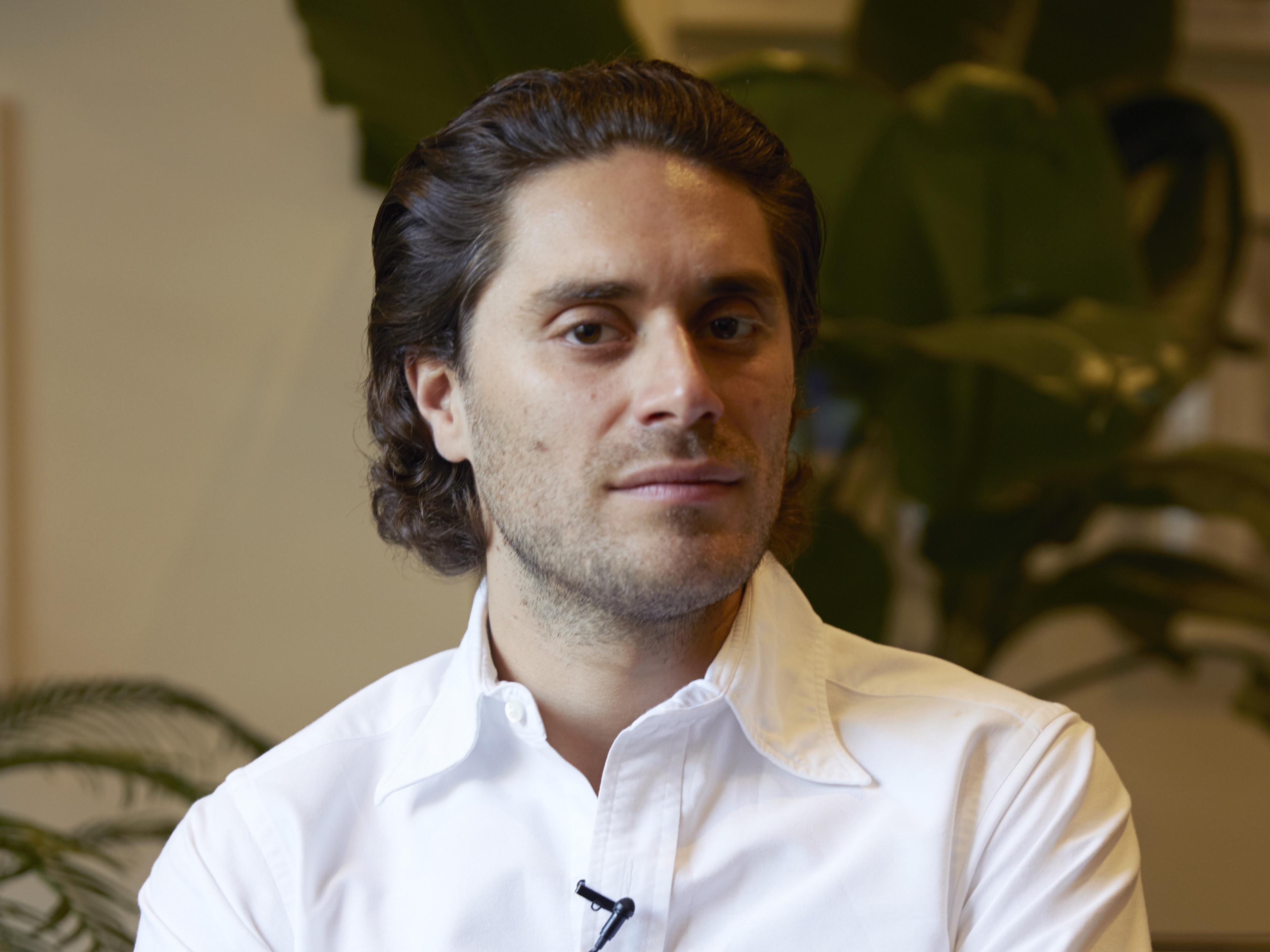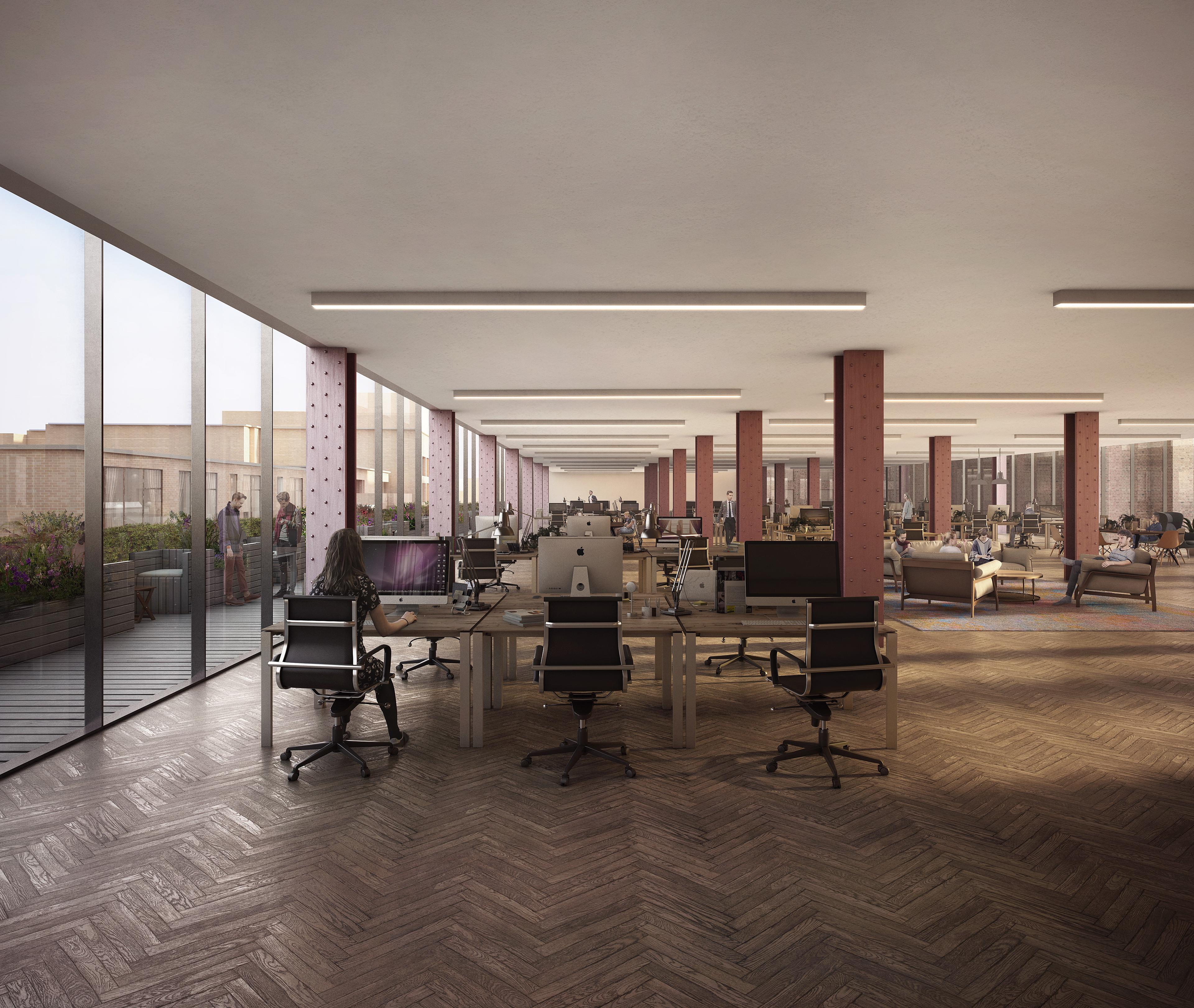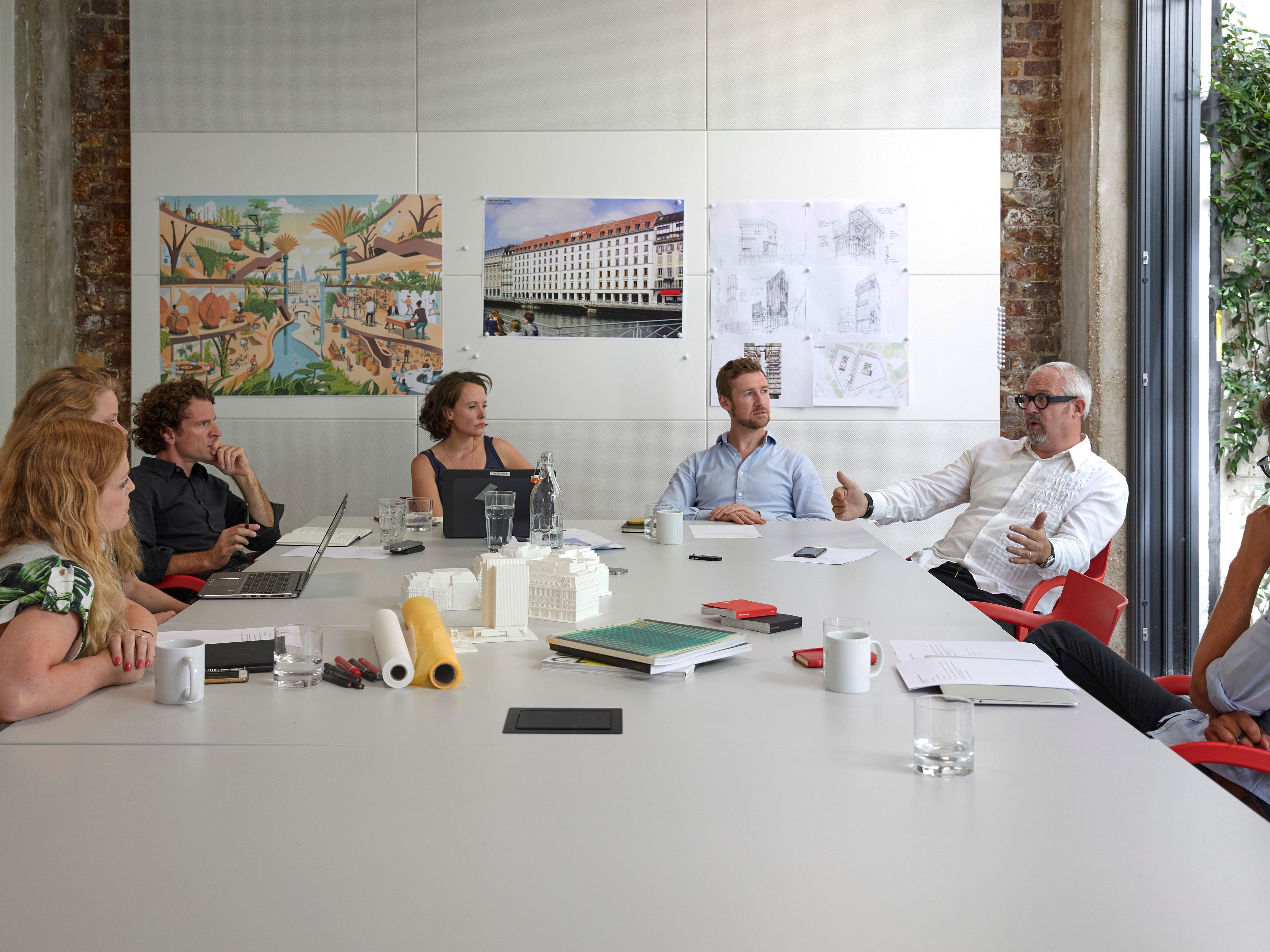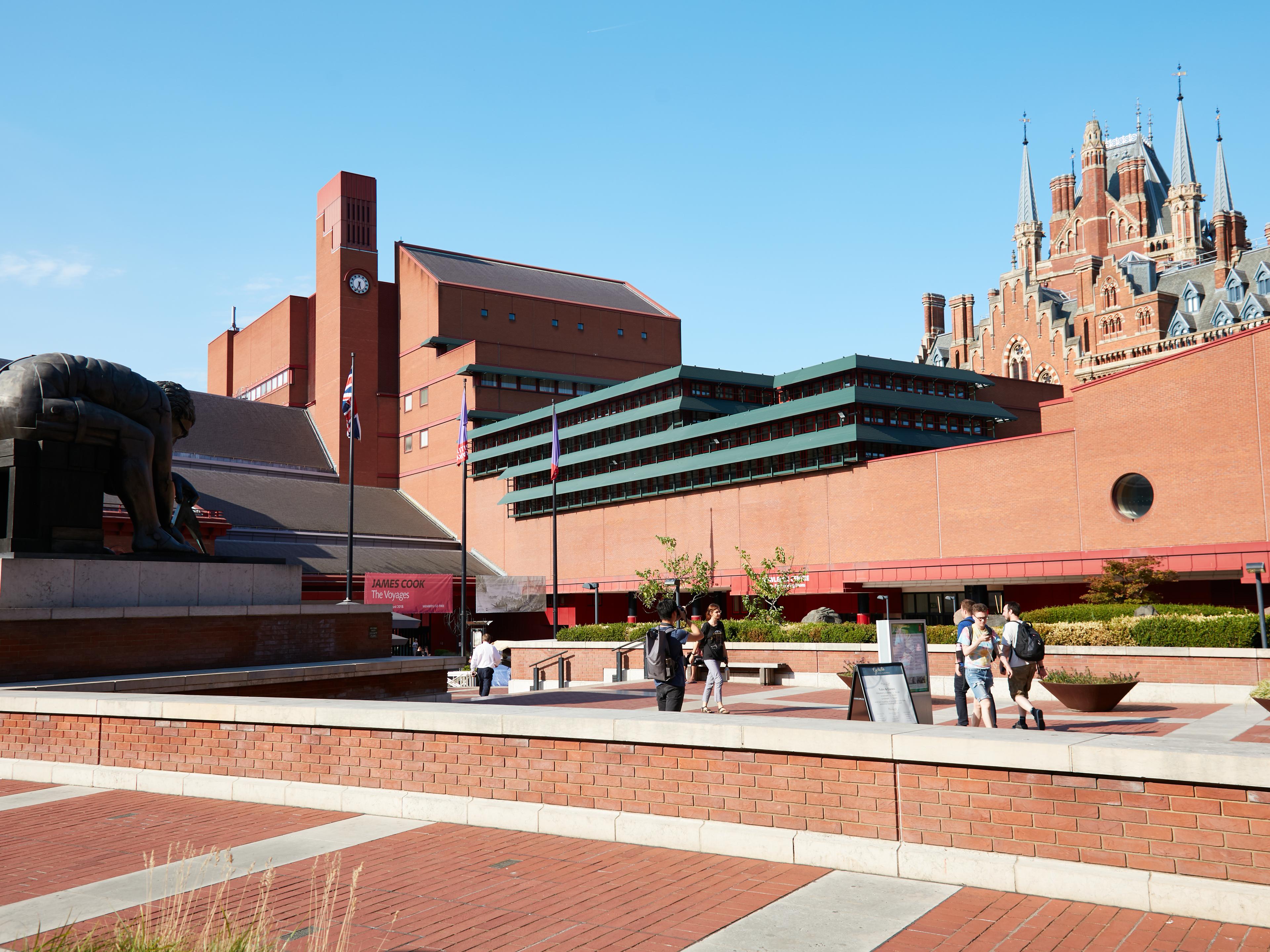Interview with Jacob Loftus, CEO, General Projects

“If you walk into 90% of office buildings in London, they will feel very much as they did in the 1990s.”
Jack Sallabank: You have positioned General Projects as a design-led developer that is responding to the changing demographics of the workplace. What does that mean in practice?
Jacob Loftus: Our entire thesis is underpinned by demographic change. If you look at the figures, 50% of the global workforce will be made up of millennials by 2020. By 2025 that number will be 75%, and most of these people will be living and working in urban areas. That generation has grown up in very different circumstances from generations before them. They are more technologically enabled, more socially connected, and they have much higher expectations about what the workplace and world around them should be like in terms of design, service and experience. So for us it’s about creating buildings and workplaces that are going to inspire that generation. That means treating people more like consumers rather than tenants, and creating environments that are far more engaging and humanistic in how they are designed.
JS: Is your design ethos a response to what your clients want, or is it driven by you and your team saying let’s create a space that we would work in?
JL: The two are inextricably linked. The primary goal of most businesses is to attract and retain staff and to keep them engaged and motivated. Our role is thinking through how the workplace can help them achieve that, and a design ethos is fundamental to that. But ultimately I have never been involved in a project where the starting point hasn’t been: how do we make this an amazing place that we would want to work in?
JS: The workplace has changed so much over the last five to ten years that the design-led approach is becoming more and more the norm. Do you find it harder to stand out from the competition?
JL: When we started doing creative workplaces, it was like trying to push water uphill with investors, agents and others to convince them that the product we were creating was what people wanted and a product the investor market would value at the end of the process. The benefit of the creative workplace becoming more institutionalised is that it has moved from being a fringe, slightly quirky asset class much more into the mainstream. From my perspective, I therefore see the competition as far less of a threat and more of an opportunity to keep innovating.
We have seen some great examples of the bigger institutional developers evolving and trying to do more interesting things with their buildings, but I still think if you walk into 90% of office buildings in London, they will feel very much as they did in the 1990s, so the market opportunity is very much there.
JS: Is the type of tenant occupying creative workspaces changing?
JL: What we have seen over the last six to seven years, which came as a result of the ‘Google effect’, is Silicon Valley doing ultra-outlandish things with office buildings to foster a feeling of innovation and creativity for their workforce. This has created a big step change in what people believe their workspace should look like.
However, I don’t think that means every bank is going to start installing multi-coloured slides in its office. The definition of ‘creative workspace’ needs to be carefully defined in the context of the business. What we are seeing is businesses across the board embracing the general idea that their workplace needs to be much more focused on creating different areas of engagement for employers to collaborate, socialise and feel creative in.

Third-floor offices
General Projects, alongside owner Northern & Midland Holdings, has received planning to transform 132 Goswell Road – a former printing press and gin distillery in London’s Clerkenwell – into a new 76,000ft2 office hub for the creative industries.
JS: For this publication we have interviewed various developers in Sydney, and they have outlined the difference in how they use the ground plane of an office building compared with London. Those differences centre less on security and more on creating a public space. Do you think London should adopt more of this?
JL: The answer to that question is quite context-specific. In different parts of London and in different circumstances, integrating an office building into the wider community can be more or less important or appropriate. In general, our approach to the office lobby is much more akin to a boutique hotel lobby. Our aim is to make the lobby a public space, and that’s about creating an amenity space for our tenants but also an amenity space that can be accessed by the public. A lobby is a way to activate a building and create a sense of place and a piece of culture that reflects the spirit of the building.
JS: Sydney has been described to me as five years ahead of London in office design. I’ve been told the flexible workspace and activity-based working phase is over, and instead people want their own space and solitude to do complex thinking. Are you seeing that in London?
JL: If you go back ten years, there was a very formulaic way that offices worked. Everyone had their own desks, and senior management had their own rooms. In the last six to seven years, we have seen this fundamental revolution where co-working, flexible working and activity-based working have all completely altered and radically reshaped what the office looks like and how it functions. We have gone from one very rigid model 180 degrees to a completely different way of working. My view is that there are merits of both of these models, and the co-working revolution has pushed organisations to move further into that field than maybe they are comfortable with. We are now seeing companies naturally gravitate back towards somewhere in the middle of the two models. Therefore, what the office will look like in two to three years is much more of a balance between individual space and flexible space.
Tags
Authors
Jacob Loftus is the founder of property developer General Projects. Prior to General Projects Jacob spent even years at Resolution Property where he first joined as Principal and subsequently became Head of UK. Jacob holds an MSc in Real Estate from London Southbank University and a BA in International Relations from Boston University.
Publication
This article featured in Exchange Issue No. 1, which explores the future of the workplace sector with architectural discussions, developer interviews, industry expert essays, design case studies and more.
Read more

